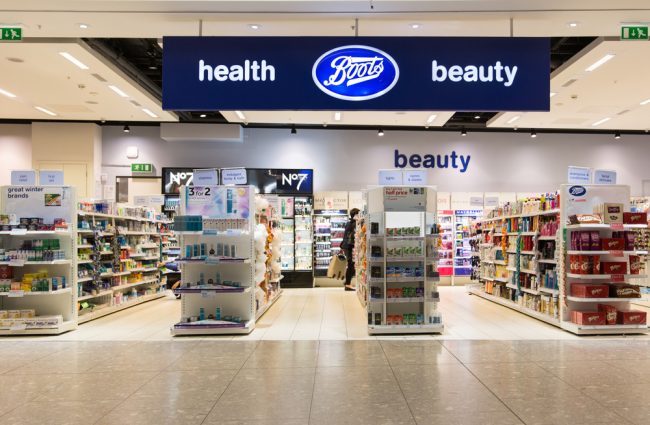Boots has been accused of boosting its profits by forcing staff to abuse an NHS scheme intended to help sick patients, reports The Guardian.
Managers at Britain’s biggest pharmacy chain were found to be directing their chemists to provide medicine-use reviews (MUR) to customers who didn’t need them, in order to claim public money from the NHS.
The NHS pays £28 for each MUR, which is carried out by a pharmacist and intended to give patients professional advice on health, diet and how best to manage their medicines.
However, an investigation by the Guardian has found evidence that Boots managers are directing staff to carry out MURs on each other and on patients who don’t need them or can’t use them.
One pharmacist in the Midlands said he was directed by his managers to carry out an MUR on a man with dementia, and on himself. His manager also began an MUR but walked out before completion; the store still entered the review on its records.
To prevent any milking of the MUR system, the NHS limits each pharmacy to a maximum of 400. The Guardian has found evidence that Boots staff are being told to take that number as a target for individual stores to hit. Another Boots pharmacist in the north-west of England remembers a recent staff awayday at which he and his colleagues were told that, “400 MURs is an expectation now. We don’t need to tell you that”.
If a pharmacy carries out the maximum 400 MURs, it will earn £11,200. Assuming each Boots pharmacy churns out 400 MURs a year, that one NHS programme is worth an annual £30m to the company.
The Guardian has seen a 2008 email from a senior manager for another region that states: “I personally don’t want colleagues to feel ‘brow-beaten’ but we do need to deliver our targets of 400 MCUs [medicine check-ups – another name for MURs] per store this financial year for two reasons:
- Delivering 400 MCUs is a measure of Excellent Patient Care
- The company can make £28 profit for each MCU, so each one we don’t deliver is a lost £28.”
The Guardian has also seen a recent unpublished survey by the trade union, the Pharmacists’ Defence Association (PDA), to which more than 600 Boots chemists – more than one in 10 of the entire company’s pharmacists – responded. Asked “how often do you believe financial cutbacks imposed by your main employer have directly impacted upon patient safety”, over 75 per cent of Boots chemists said that was true “around half” or more of the time. A number volunteered complaints about being “pressurised into conducting MURs whether or not patients are eligible to receive the service“ and “Boots keeps asking me for more MURs”.
“Pharmacists at Boots are clearly being forced to treat MURs as a profit-making scheme for the company,” said PDA general secretary John Murphy. “Either they stick to their ethical standards and ensure that the right people get the service irrespective of their financial targets or they satisfy their employer by achieving their profit objectives and keep their job.”
A spokesperson for Boots said: “We make it clear to our colleagues that these services should not be undertaken inappropriately.”
But as far back as 2010, the NHS’s own research warned that MURs were being used simply to take public money and could be “of limited benefit and cursory in nature”. In 2013, the Journal of the Royal Pharmaceutical Society noted “some pharmacists face penalties for not meeting the targets, such as no pay rise or a possible loss of a bonus”, but it did not mention Boots.
Although it has tweaked the criteria for MURs, the cash-strapped NHS has no plans to scrap the system, claiming “they help relieve the pressure on GPs and accident and emergency departments, ensure optimal use of medicines, better value and better patient outcomes, and contribute to delivering seven-day health and care services”.


